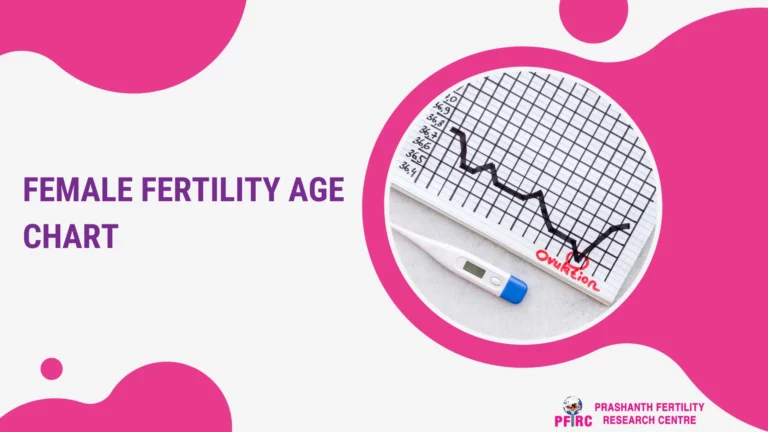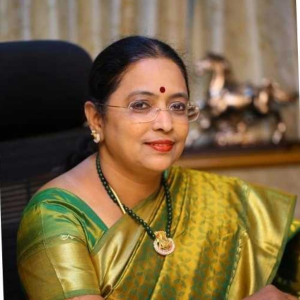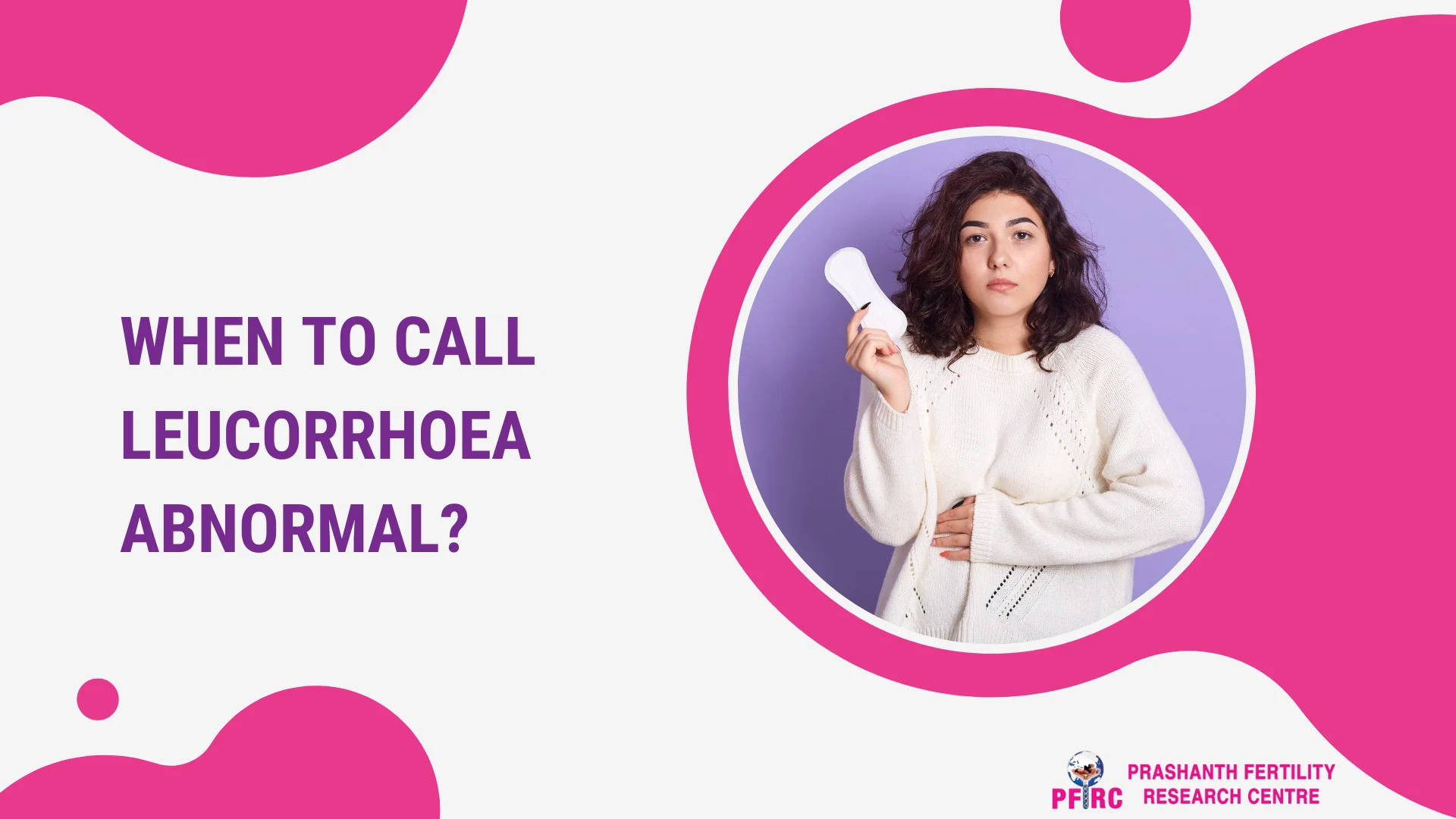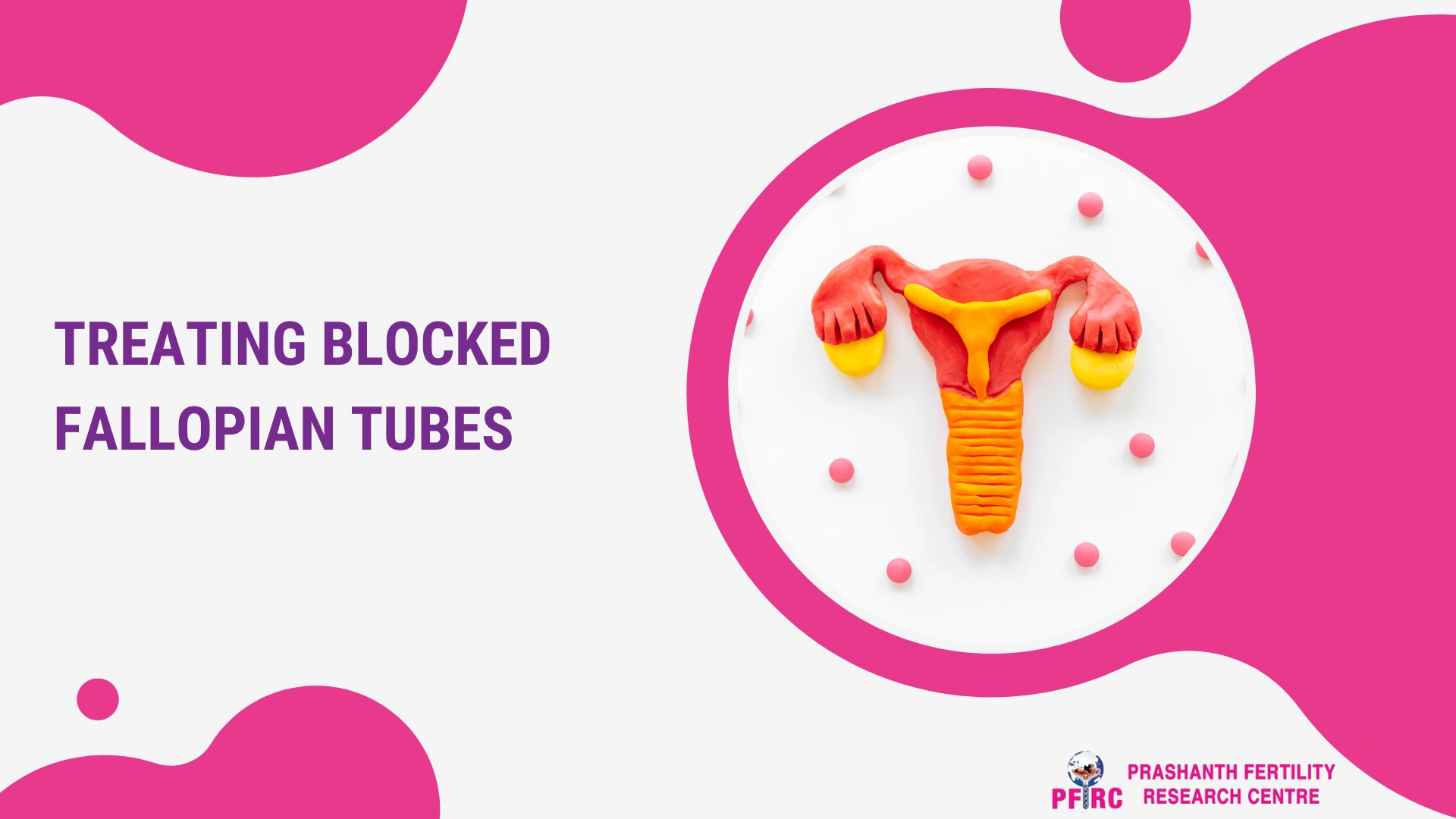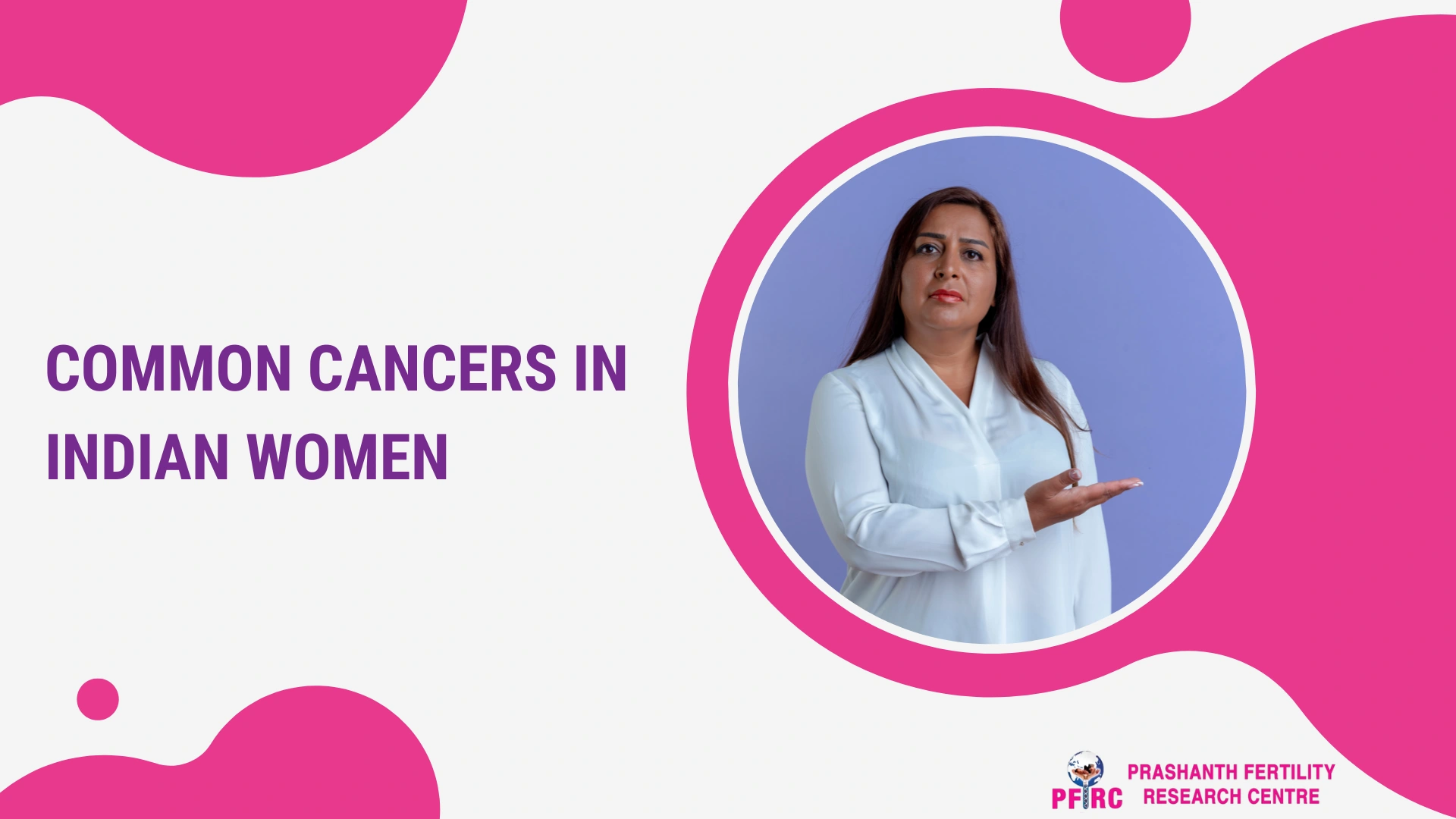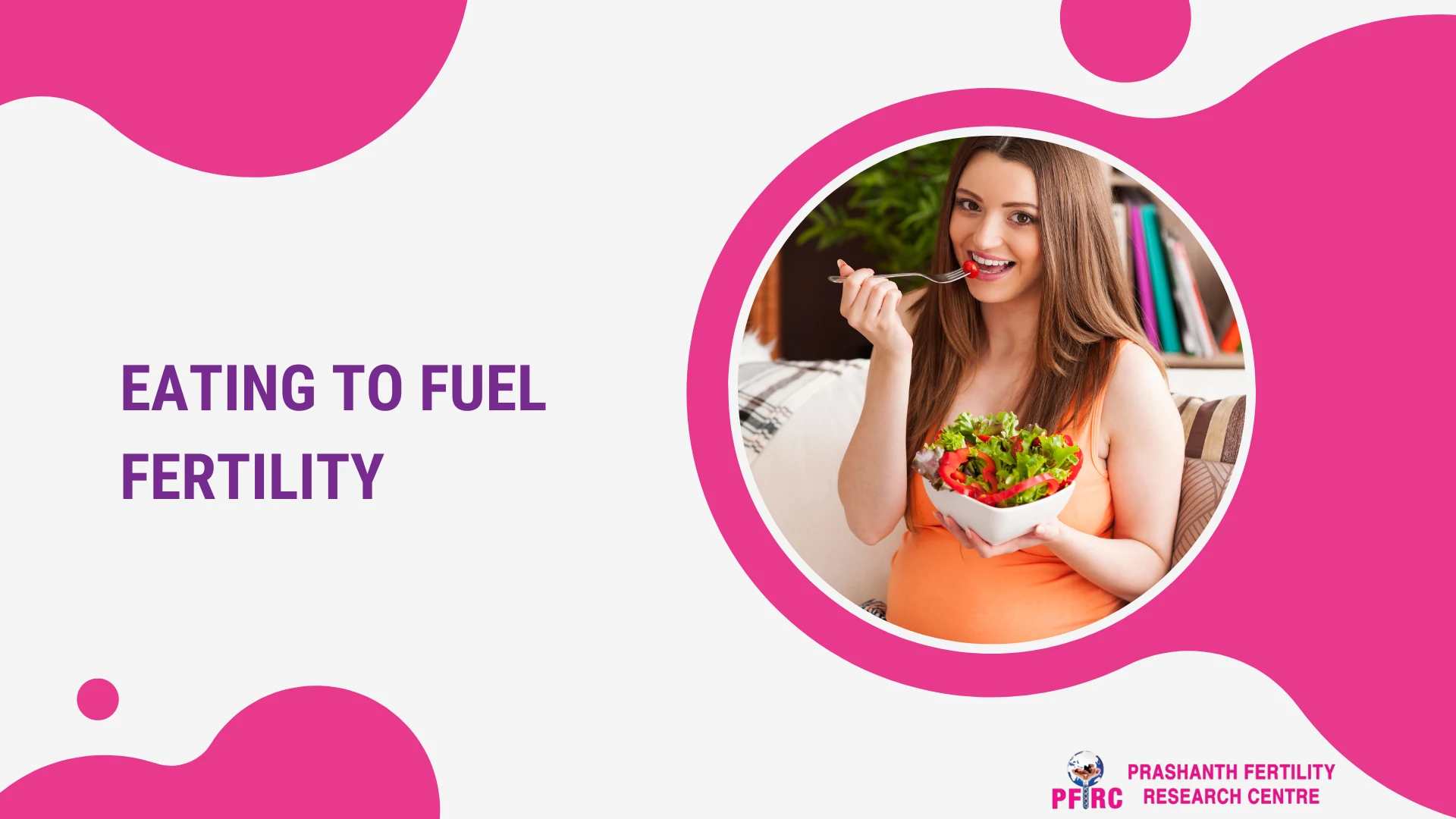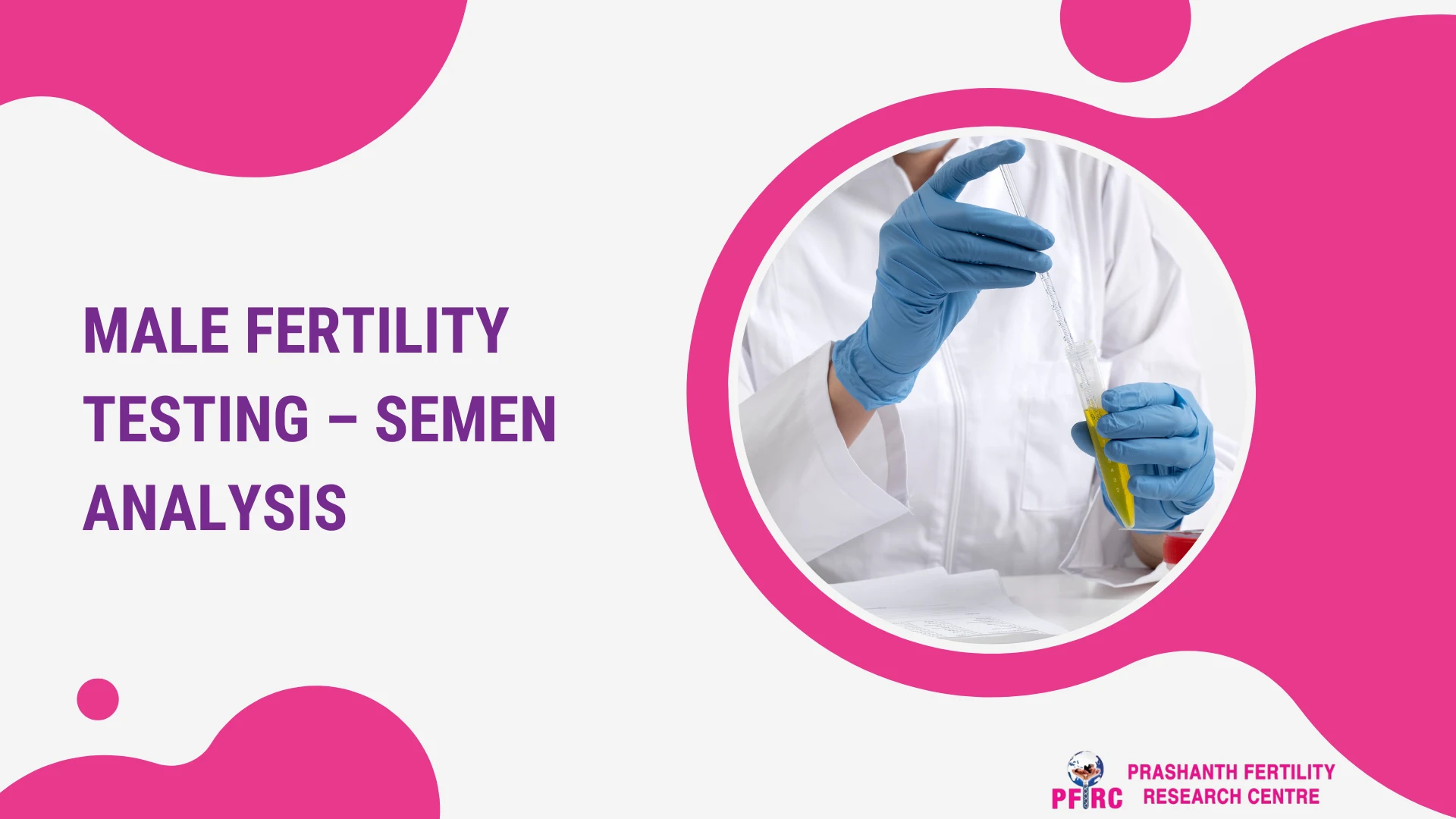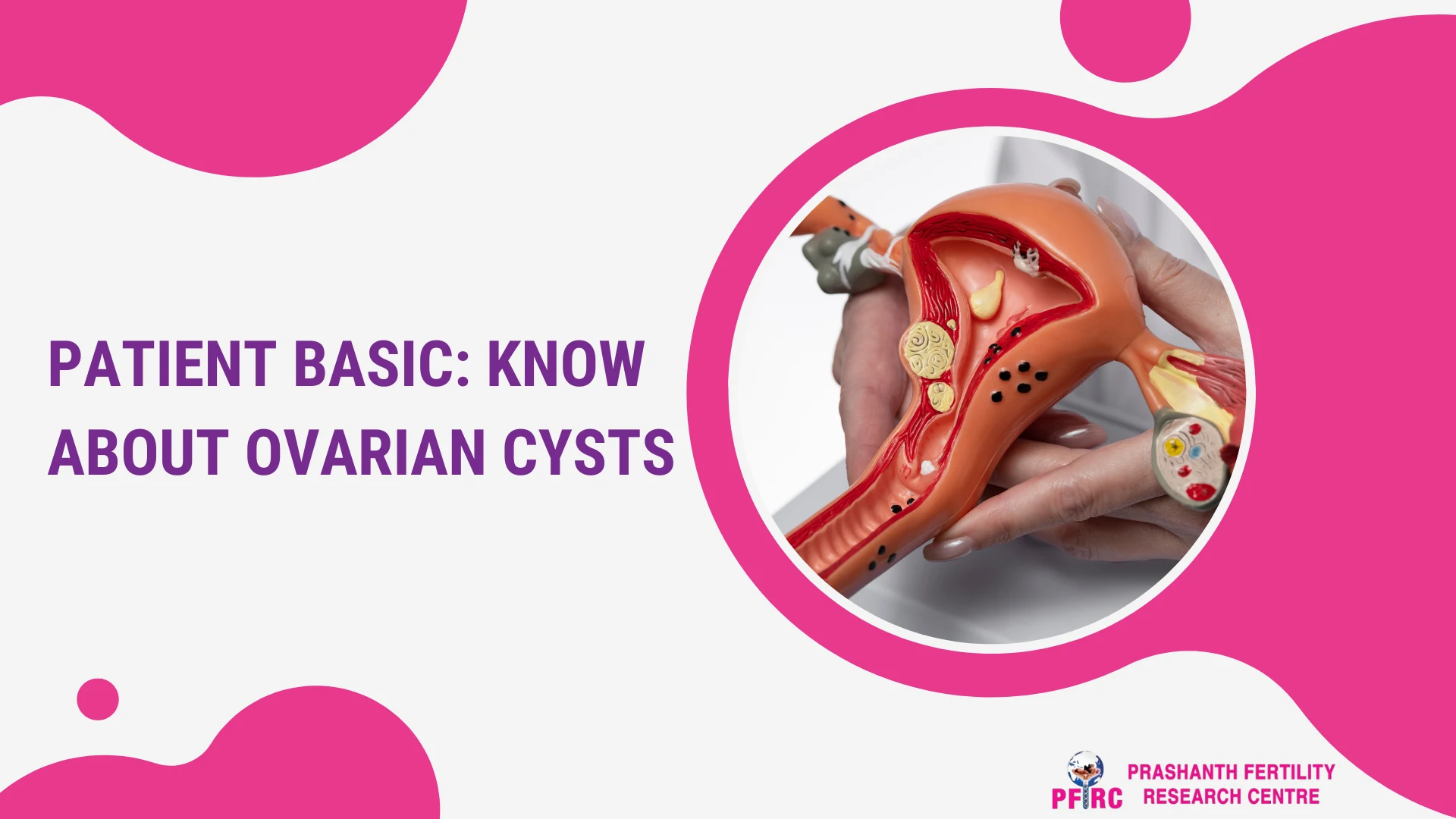A woman’s fertility can be affected by many factors. Her chances of getting pregnant depend on various factors like her and her partner’s health condition, her fertility, etc. One such factor that has a huge impact on a woman’s fertility is her age.
Age and a woman’s fertility are directly related to each other. When your age increases, you will naturally start becoming less fertile. In this article, we’ll discuss your chances of getting pregnant as you age and your fertility when you are in a specific age group.
Chances of Getting Pregnant
As we all know, a woman’s fertility and her chances of getting pregnant decrease as her age increases. Technology has developed, and there are many assisted reproductive techniques (ARTs) that one can undergo to become pregnant.
However, there are fewer chances of improving fertility when age is the major factor causing the issue. This is mainly due to your ovarian reserve. Unlike men, who produce new sperm frequently, a woman is born with all the eggs she will have in a lifetime.
As her age increases and she loses her eggs during each menstrual cycle, her ovarian reserve also depletes. Her eggs lose their quality, and her chances of getting pregnant and giving birth to a healthy baby also decrease. This is also the main reason why doctors suggest having a child when they are young is better.
Fertility in your 20s
This is by far the best age to get pregnant and give birth to a healthy child. This is the age when your fertility will be at its peak, so it is the best age to plan pregnancy. According to studies, women have around 75–85% chance of getting pregnant within the first year of trying to conceive.
During their 20s, most women only have around a 7% chance of having infertility. This is mainly caused due to factors like PCOS, endometriosis, etc. Sometimes, the male partner can have infertility issues, making it difficult for her to get pregnant.
Fertility after 30
This is the time when your fertility gradually begins to decline. This is mainly because you start losing your high-quality eggs and have higher chances of having infertility issues.
However, you don’t need to worry about the inability to get pregnant during your 30s as the chances of infertility—though higher than when you are in your 20s—are only moderate.
According to studies, women in their 30s have around a 50–60% chance of getting pregnant within one year of trying to conceive.
Fertility in your 40s
This is when your fertility really starts to deteriorate. The chances of getting pregnant during your 40s are very minimal, and most women have no chance of getting pregnant naturally.
Even if you manage to conceive naturally, you have a higher chance of miscarriage, and it will be difficult to carry the baby to full term. The baby also has a high chance of having chromosomal abnormalities and other health conditions.
According to studies, women have less than a 5% chance of having a natural pregnancy during their 40s. It is best to seek medical help and consult a renowned fertility specialist if you are trying to get pregnant.
Common Factors Affecting Your Chances of Fertility
Age is one of the most prominent factors affecting your chances of getting pregnant. However, there are also other factors that can have a significant impact on your fertility and cause infertility. Some common factors that can affect your chances of a successful pregnancy are
- PCOS (Polycystic Ovary Syndrome),
- Irregular or no menstrual cycles,
- Endometriosis,
- A history of pelvic inflammatory diseases (PID),
- Depleting ovarian reserve and poor egg quality,
- Chemotherapy or radiation during treatments (like cancer),
- Blocked or damaged fallopian tubes,
- Other unexplained infertility issues.
How Aging Affects Fertility
So far, we have discussed that age has a major impact on female fertility. But we haven’t yet seen how it affects fertility. Here are some factors that can be affected by age, thus causing infertility.
Ovarian reserve
Ovarian reserve is the total number of egg follicles a woman has in her ovaries. Each woman is born with the total number of eggs she will have in her lifetime. As she ages, the number of eggs decreases, and thus, the chances of pregnancy also decrease.
Genetic abnormalities
Another factor that can be influenced by age is the chromosomal makeup of the remaining eggs. As you age, you have a high chance of producing chromosomally abnormal eggs.
When the sperm fertilizes these eggs, the resulting embryos will also be chromosomally abnormal. This condition is called aneuploidy, a condition where the embryos have either fewer or more chromosomes than normal. This condition increases the chances of miscarriages or the baby being born with a chromosomal abnormality.
Aging and egg size
As women age, the quantity and quality of their eggs can decline, impacting fertility. A crucial factor in this is the size of the eggs. For successful conception, eggs must reach a certain size. Research indicates that there is a specific or minimum egg size to get pregnant.
This size suggests maturity, essential for fertilization and subsequent embryo development. Understanding egg size can be key in fertility planning and treatment for aging women.
Seeking Help From a Fertility Specialist
If you are planning for pregnancy but are finding it difficult to get pregnant after a year of trying, it means it is time to seek medical intervention. You can visit an expert fertility specialist who has experience dealing with fertility issues and has a high success rate in helping women get pregnant.
The doctor will assess your condition and diagnose the exact cause of infertility. You can then choose a fertility treatment that can help you get pregnant.
Conclusion
Age is an important factor you need to consider if you are planning for pregnancy. It is best to plan it early and have your baby during your 20s when you are highly fertile and have fewer chances of infertility.
You can also consult a fertility specialist if you have doubts about your fertility and understand when you have the highest chance of pregnancy.
FAQs
Women are most fertile during their teens and early 20s. Their fertility starts to decline as they get older. So it is best to get pregnant during the early ages when they are at the peak of fertility.
If you wish to check your fertility, you can do so by undergoing the following tests.
1. Blood tests—to check for progesterone levels in your blood and see whether you are ovulating regularly.
2. Ultrasound scan—to check the state of your ovaries, fallopian tubes, and uterus.
3. HSG (Hysterosalpingogram)—to check for any blockages in fallopian tubes.
Though chances are low, yes, you can get pregnant even if you are 35 years old. However, the chances of miscarriages are high, and your baby might have chromosomal abnormalities. It is best to seek professional help and follow the instructions of your fertility doctor for a safe and healthy pregnancy.

